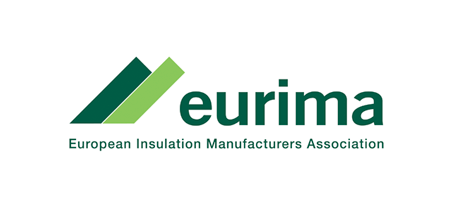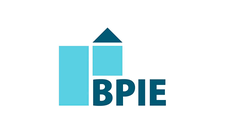Search eceee proceedings
A smarter way to electrify heat – the balanced energy network approach to demand side response in the UK
Panel: 5. Buildings and construction technologies and systems
This is a peer-reviewed paper.
Authors:
Aaron Gillich, CEREB - London Southbank University, United Kingdom
Andy Ford, London South Bank University
Csaba Zagoni, Upside Energy, 1 Fore St
London EC2Y 9DT
Graham Oakes, Upside Energy, 1 Fore St
London EC2Y 9DT
Mark Hewitt, ICAX, 33 Greenwood Place, London NW5 1LB
Abstract
The Climate Change Committee states that the UK’s 2050 carbon targets are unachievable without a near complete decarbonisation of the heating sector. With heating at nearly half the UK’s energy use this represents a staggering challenge for the built environment; particularly the ageing existing stock. Any path to low carbon heating requires considerable electrification of heat, and meeting the electric demand through a greener grid.
This paper presents early results from a Balanced Energy Network (BEN) demonstration project at London South Bank University that offers a novel approach to electrifying heat.
BEN is a heat pump driven network that uses a low temperature heat network to link buildings together, and makes use of demand side response to communicate with the national grid and use electricity at optimal times. This essentially turns the heat pumps and the buildings themselves into distributed storage systems that provide a low cost balancing service for the national grid.
This paper is presented in two main parts: 1) A description of the two buildings in the LSBU campus where two heat pumps are installed in parallel to the existing gas boilers. And 2) Calculating/simulating the potential revenue of utilising the DSR potential from the heat pumps at a constant COP and the heat storage (a hot water storage tank) in three different flexibility markets: FFR, STOR and UoS. The implications of expanding BEN networks will be explored in the context of increased capacity for demand side response as a load shifting tool across the UK.
Downloads
Download this paper as pdf: 5-301-17_Gillich.pdf
Download this presentation as pdf: 5-301-17_Gillich_presentation.pdf
Panels of
1. Foundations of future energy policy
2. Policy: governance, design, implementation and evaluation challenges
4. Mobility, transport, and smart and sustainable cities
5. Buildings and construction technologies and systems
6. Buildings policies, directives and programmes
7. Appliances, products, lighting and ICT
8. Monitoring and evaluation: building confidence and enhancing practices























